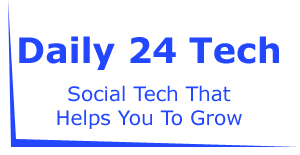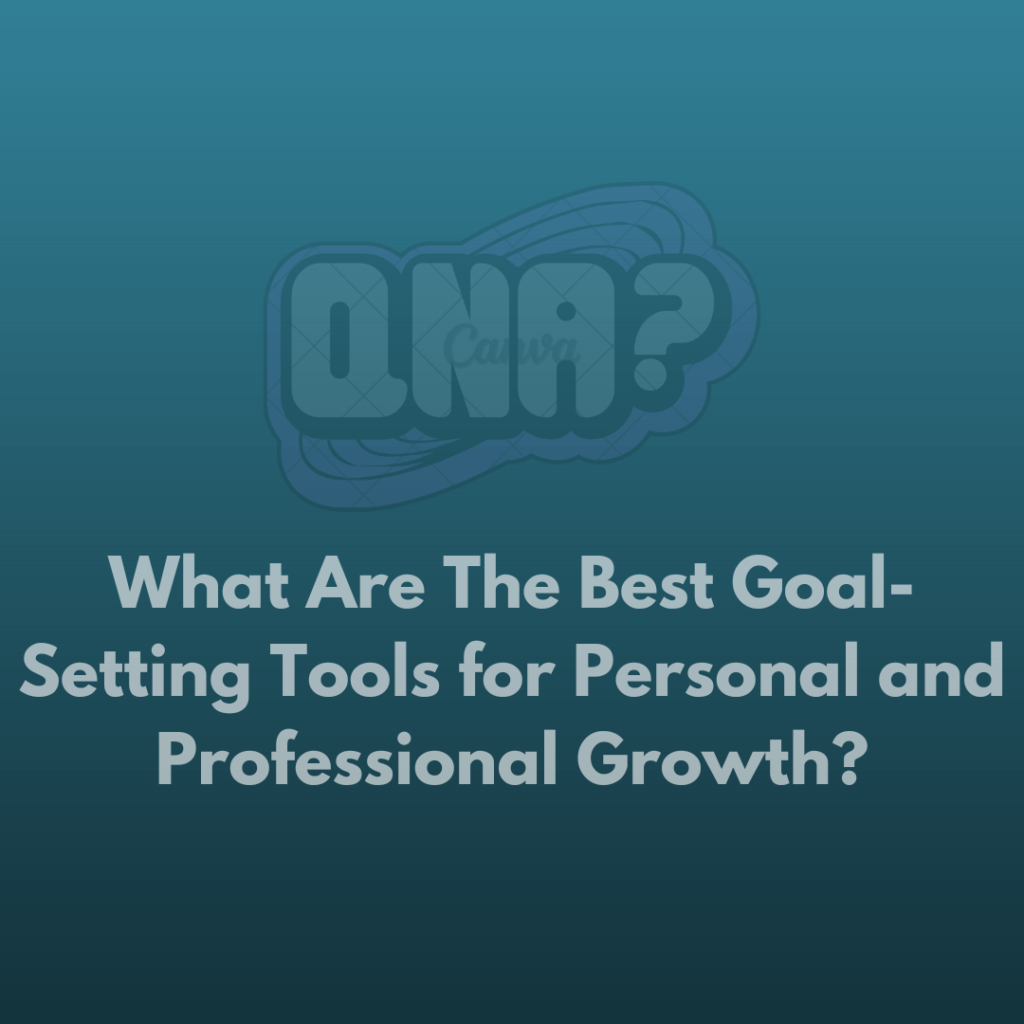Answer | Among the ocean of self-help literature, two major kinds of books that surface very frequently are personal development books and professional growth books. While both aim to enhance the life and potential of an individual, they take radically different routes to achieve the purpose. This article draws a comparison between these two genres based on their unique features, methods adopted, and most importantly, real-world impact on readers’ lives and careers.
Getting Familiar with Personal Development Books
Personal development books are categorized as literature aimed at enhancing the quality of life, emotional well-being, and personal relationships of a person. Personal development books emphasize issues that relate to mindset shift, building habits, managing stress, developing self-esteem, and setting personal goals. Mostly, in this genre, the authors borrow from psychology, neuroscience, and personal experiences to equip their readers with strategies to overcome obstacles and attain personal fulfillment.
Another characteristic that seemed to be rather common in personal development books is the fact that they all emphasize holistic growth. They often advocate for a balanced approach to life by demanding that one consider all parts of their being: mental, emotional, physical, and sometimes spiritual. This leads to an overall look at personal growth founded on the understanding that betterment in one area of life can have positive spillover effects on other areas.
Of these, some best-selling examples of personal development books include “The 7 Habits of Highly Effective People” by Stephen Covey, “Mindset: The New Psychology of Success” by Carol Dweck, and “Atomic Habits” by James Clear. This list has garnered millions of readers worldwide and collectively been acknowledged for changing lives through the insights and useful practical advice shared.
The Professional Self-Help Book Landscapes
In contrast, professional growth books deal more specifically with upward mobility, leadership, and business acumen. These books become the go-to for people looking to climb the corporate ladder, improve their professional skill set, or even start and grow their own business. Among these genres, one will find leadership strategies, communication, time management, negotiation skills, industry-specific knowledge, and so on.
Professional growth books are way more focused, usually concentrated on the problems one encounters in his or her professional life or trends in some industries. They normally include case studies, research findings, and practical tools that one can apply directly in their working environment. Normally, the authors of the books are successful business leaders, entrepreneurs, or academics who have gathered experience in their subjects.
Some famous examples of professional growth books are “Good to Great” by Jim Collins, “Lean In” by Sheryl Sandberg, and “The Innovator’s Dilemma” by Clayton Christensen. These books have changed practices in business and corporate strategies within various industries.
Real-World Impact: A Comparison
Both personal development and professional growth books hold the potential to make a big difference in their readers’ lives but again, each does it differently.
The Effect of Personal Development Books
The impact of personal development books could be broad and deep on readers’ life satisfaction and well-being. Strategies and insights shared in them could be so profound that they change the mindset of readers to think more positively about life. This would hence imply improved relationships, better dealing with stress, and increased self-confidence.
Personal development books impact real life by way of lifestyle changes that most readers have to adopt. One can adopt some new habits; for instance, regular exercise or meditation works wonders for physical and mental health. They may develop better relations as far as personal and professional communication is concerned.
There is quite a strong inspirational aspect to personal development books. In very many cases, too, people who have read books of this genre express that once again they feel a renewal in purpose and direction that can spur them on to take action about long-held goals or dreams. This motivational aspect, in some ways, can influence the reader and eventually others around him, such as family, friends, and those he works with.
However, at times the changes that such personal development books bring about are hard to quantify. The changes they affect are often inwardly personal, so using a measuring device may be quite hard. Besides, the very generalized advice in some of the books on personal development does not always crystallize into concrete, practicable ways forward for the reader.
Impact of Professional Growth Books
Such professional development books have, by their nature, more directly observable impacts on careers and work performance. Strategies and tools from these books can lead to actual improvement in job performance, leadership, and advancement in careers.
Many professional self-help readers are found to experience increased productivity, effective decision-making, and ease in tackling workplace problems. These books may give readers insight into industry trends and best practices in a field of interest, thus keeping the professional current and able to adapt to the business climate.
The impact of professional growth books is often more measurable than that of personal development books. One is likely to see a direct result in terms of promotions, salary increases, or successful project results. For entrepreneurs, these books can mean explicit guidance regarding the initiation and development of businesses, which may mean tangible financial success.
Beyond that, professional development books have a more significant impact on people other than the reader. The insights and strategies one obtains from these books may be applied at organizational levels, impacting company policies, management styles, and overall business strategies. This multiplier effect may result in gigantic proportional changes throughout whole organizations or industries.
However, the very focused nature of professional growth books sometimes limits their impact to just those types of careers. The advice given at times becomes hard to translate between industries or even job roles, again limiting its applicability for some of the readers.
The interrelationship between Personal and Professional Growth
Although personal development and professional growth books can certainly be distinguished by their specific characteristics and impacts, in reality, they often overlap. A huge number of skills developed in personal development books, like resilience, effective communication, and goal setting, are very useful in professional contexts. Similarly, the leadership skills and interpersonal skills emphasized by most books on professional growth can also, to a large extent, benefit and enhance personal relationships and life satisfaction.
Indeed, many successful people succeeded not because of their personal development or professional growth formulas but because the two had combined. Successful people recognize that true success and enrichment can come from self-improvement, which is holistic and embraces both aspects of personal and professional life.
Role of Scientific Research
A very important element in assessing the real-life impact of both personal development and professional growth books is that of scientific research. Scientifically and evidence-based approaches in both genres have been brought into sharper focus in the past few years.
Many personal development books use findings from psychology, neuroscience, and behavioral economics to support their recommendations nowadays. For example, books on the process of habit formation usually borrow from studies about neuroplasticity and behavioral psychology to back up reasons as to why some strategies work.
Much the same can be said of professional growth books, such as most of those that greatly depend on organizational psychology, management studies, and economic research to justify the recommendations made. For instance, leadership and team management books often refer to studies about group dynamics and motivation theory.
This trend toward evidence-based content may have increased the credibility and effectiveness of both genres. Readers can also experience more confidence in applying strategies that have been validated by scientific research—perhaps leading to a more consistent, reliable real-world impact.
Cultural Context and Its Powerful Effects
Equally important in making a comparison between personal development and professional growth books, though, would be the issue of cultural context. The diverse cultures and societies influence the advice given by these books differently.
While most personal development books reflect specific cultural values and norms for both authors and target audiences, concepts such as individual achievement, self-expression, and work-life balance prevail in the Western personal development literature and may not resonate as strongly within cultures that place more emphasis on collective achievement or have different conceptions of work and personal life.
However, professional growth books, like leadership and most aspects of business in an increasingly global environment, are not immune to cultural influences. From the differences between leadership styles to expectations regarding communication to simple daily business practices, there exists a wide array of variability across nations.
This last cultural dimension thus brings in another level of complication when considering the applicability of these books in real life. Something that applies well within one cultural context may not be applied as appropriately in another; it depends on how readers can critically assess the advice presented and apply it within their unique cultural and personal situations.
The Impact of Digital Transformation
In this respect, the digital revolution that swept the publishing industry to its feet, and, similarly, the technological heightening of online learning platforms have made a great difference in how today’s content consumption and application go in terms of personal development and professional growth.
E-books, audiobooks, and summary services facilitate access to key ideas from books. Online courses and webinars—sometimes even adapted from popular books—provide an interactive learning experience that can help apply concepts more effectively in the real world.
Social media and online communities have opened up channels for readers to discuss with the authors and other readers in sharing experiences and insights. This interactive element will maximize the potential of books related to personal development and professional growth by creating support communities composed of like-minded people.
This plethora of readily available information, nevertheless, has also caused several challenges. The material available is enormous, and it becomes difficult for the reader to pass on relevant and effective advice according to the situation.
Long-Term Impact and Sustainability
In evaluating how real some of the effects of personal development and professional growth books are in applying to change in everyday life, one has to look at how long-term the revolutions brought about by this genre of literature can be sustained.
There are many personal development books aiming to guide one in creating long-lasting changes of mindset and behavior. Depending on the person, their effectiveness may differ to a great extent. Some would claim the books had life-long changes ever since they read a certain book, whereas others might report having had initial enthusiasm which gradually wore off over time. The sustainability of impact often depends on how hard the reader is committed to implementing and reinforcing whatever is learned from the book in the long run.
While professional growth books—especially those focused on particular skills or industry knowledge—might be more obviously applicable but conceivably of shorter-term use, some advice will also go out of date as industries change and business practices with them. However, many of the books dealing with basic principles about leadership, innovation, or business strategy are of more timeless value.
The problem in both genres is how written advice translates into real-world action that is sustained. More often than not, the most powerful books are those that not only enable insight but also provide concrete systems through which to implement and maintain new habits or skills.
Conclusion
As explained herein, a comparison between the real-world effect of personal development books and professional growth books shows that the potential to impact readers’ lives and careers on a large scale is within both genres. The content of personal development books proffers an inside-out approach toward self-improvement, which in most cases has wide effects on mindset and lifestyle and then trudges into all areas of one’s life. Professional growth books provide specific strategies to help advance careers and develop new skills most often noticed within the workplace.
For many, the most effective approach will involve reading in both genres, as one realizes that personal and professional growth are not mutually exclusive topics. It will be such a mix of the overall, life-changing perspectives of personal development books and the specific strategies oriented to the job by books of professional growth that will help one work toward a balanced form of self-improvement, enhancing personal satisfaction while bringing about professional success.
Ultimately, how much real-world impact any book can make is very dependent on the level of engagement, critical thinking, and dedicated application displayed by a reader with its content. The most impactful books, no matter their focus on personal development or professional growth, call people to action and cause them to reflect on themselves, in addition to providing practical and adaptable strategies for application in the real world.
As the world becomes more and more complex, fast-moving, and ever-changing, the wisdom outlined in personal development and professional growth literature will become increasingly important to adaptation, growth, and success in both personal and professional life. The key lies in approaching such resources with an open mind and a critical eye toward commitments to continuous learning and self-improvement.


